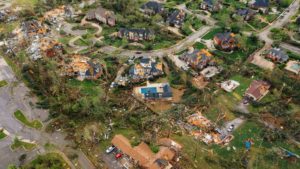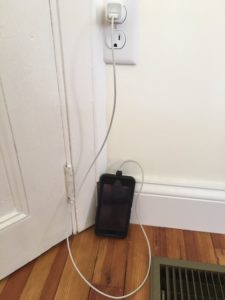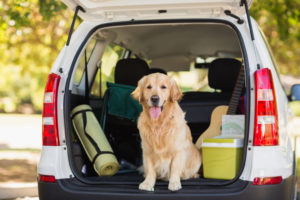Prepare For Hurricane Season in Virginia, Maryland, and Washington D.C.

Hurricane Season is here. Time to prepare. Several storms have already impacted the United States as weather patterns grow more unpredictable. Hurricane Ida, arriving in the U.S. August 26th-September 4th, brought damaging wind, tornados and heavy rain to Virginia, Maryland, and Washington D.C.. Roads flooded, trees fell, millions of people lost power and dozens of Americans lost their lives in Connecticut, Maryland, New Jersey, New York, Pennsylvania and Virginia, after the storm brought unprecedented rainfall to some areas.
Insurance Coverage for Storm Damage
Your homeowner’s policy will cover the cost of temporary repairs for hurricane damages as well as reasonable additional living expenses but it doesn’t cover flood damage. To help you understand what is and what is not covered; review your homeowner’s policy and if you have further questions, give our office at call at 410-571-1771. You may want to consider purchasing a Flood Insurance Policy.
Electronic Devices Can Help You Stay Connected
Smart practices during “storm season” include always making sure your car’s gas tank is full and your cellphone and your laptop fully charged in advance of the storm’s arrival. To use less energy from your battery, close apps such as Bluetooth and turn down screen brightness. If you have an external battery, charge that as well. Once you are no longer able to use wall plugs due to a power outage, you can still plug your phone into the external battery or your laptop via USB. You can also plug into your car when the engine is running to charge up your phone. Important: only run your car engine outside, never in an enclosed space such as a garage. Text whenever you can instead of calling, because texting will be less of a battery

Prepare For Storm Season Now
This week with no hurricanes forecast to arrive in the Virginia, Maryland, Washington D.C. region, you have the opportunity to prepare in advance for the rest of hurricane season that extends through November. Insurance can help provide the money to replace things that are damaged and lost, but no amount of money can make up for the loss of life, missing family photos, or an injured pet. So what are you waiting for? Start getting organized.
Trim Trees
Get ready for storm season by looking around the outside of your home at your trees. Do you see any weak branches or trees that might fall? Trim back shrubbery. Make certain dangerous limbs are removed in advance of a storm.
Clean Gutters
Keep your gutters and downspouts clear of twigs, leaves and debris. Standing water can damage your gutters and roof. An unmanaged overflow may create puddles that could damage your foundation. It is very important that any water flowing downwards flows away from you house so secure all your downspouts to point away from the building. The grading around your home should be designed with the goal of keeping water away from the building’s foundation. If it is not currently performing that task correctly, now is the time to get the problem fixed.
Seal Outside Walls
Seal outside wall openings that provide an opportunity for water to get into your home. Vents, electrical outlets, garden hose bibs, and any locations where pipes or cables go into the wall should be sealed with high quality urethane-based caulk to prevent water penetration.
Check Garage Doors
Particularly if your garage is attached to your house, replace old garage doors and tracks with a door that is approved for both wind pressure and impact protection. Wind coming through an opening this large can cause severe damage to the rest of your home, particularly the roof.
Make a List
While many of us are already prepared to shelter in place because we’ve had to stay home due to the onset of the Coronavirus Pandemic; it’s a good idea to review what items you may need I case a hurricane arrives. You will want to have:
1) a three day supply of drinking water
2) A supply of food you do not have to refrigerate or cook
3) First aid supplies
4) A refill prescription drugs you need
3) Flashlights, candles, dry matches and extra batteries.

Be Ready to Evacuate
If you live in a place that might have to be evacuated, plan your route in advance. Know where you are driving to and make a plan for your pets. Make certain you take important papers and medications with you, in addition to food and water. Would you be ready to evacuate if you only had ten minutes? Get organized in advance.







